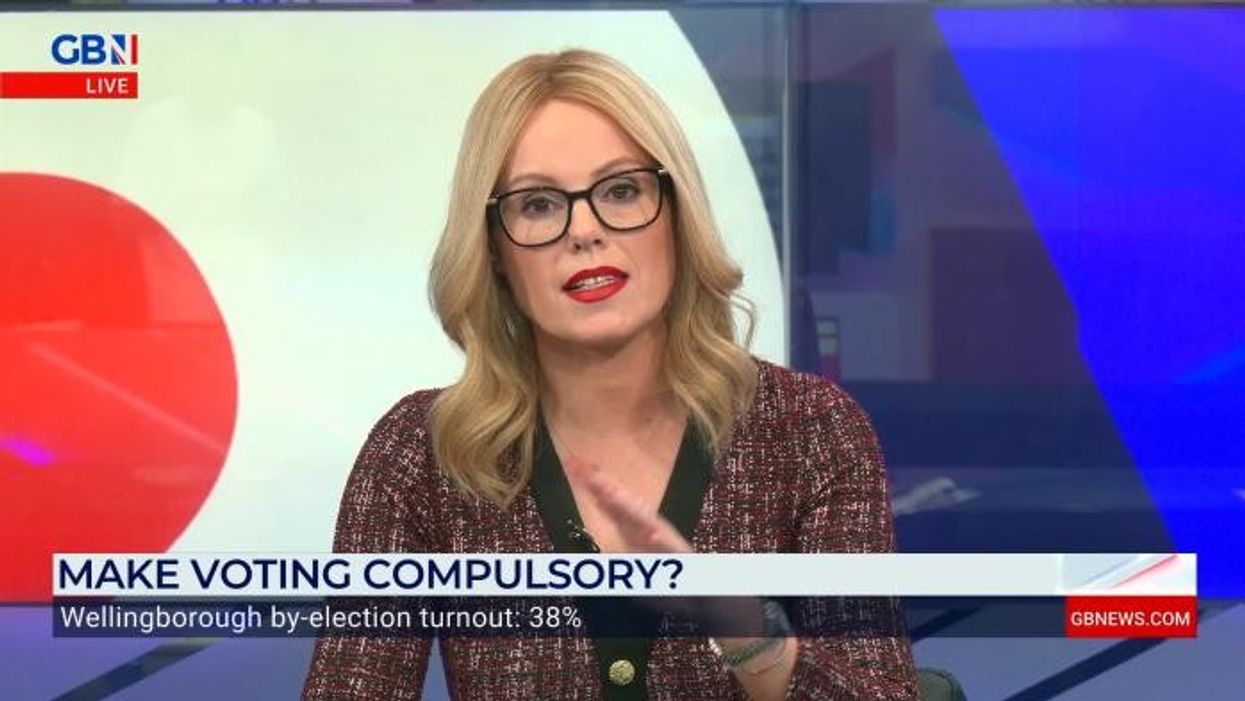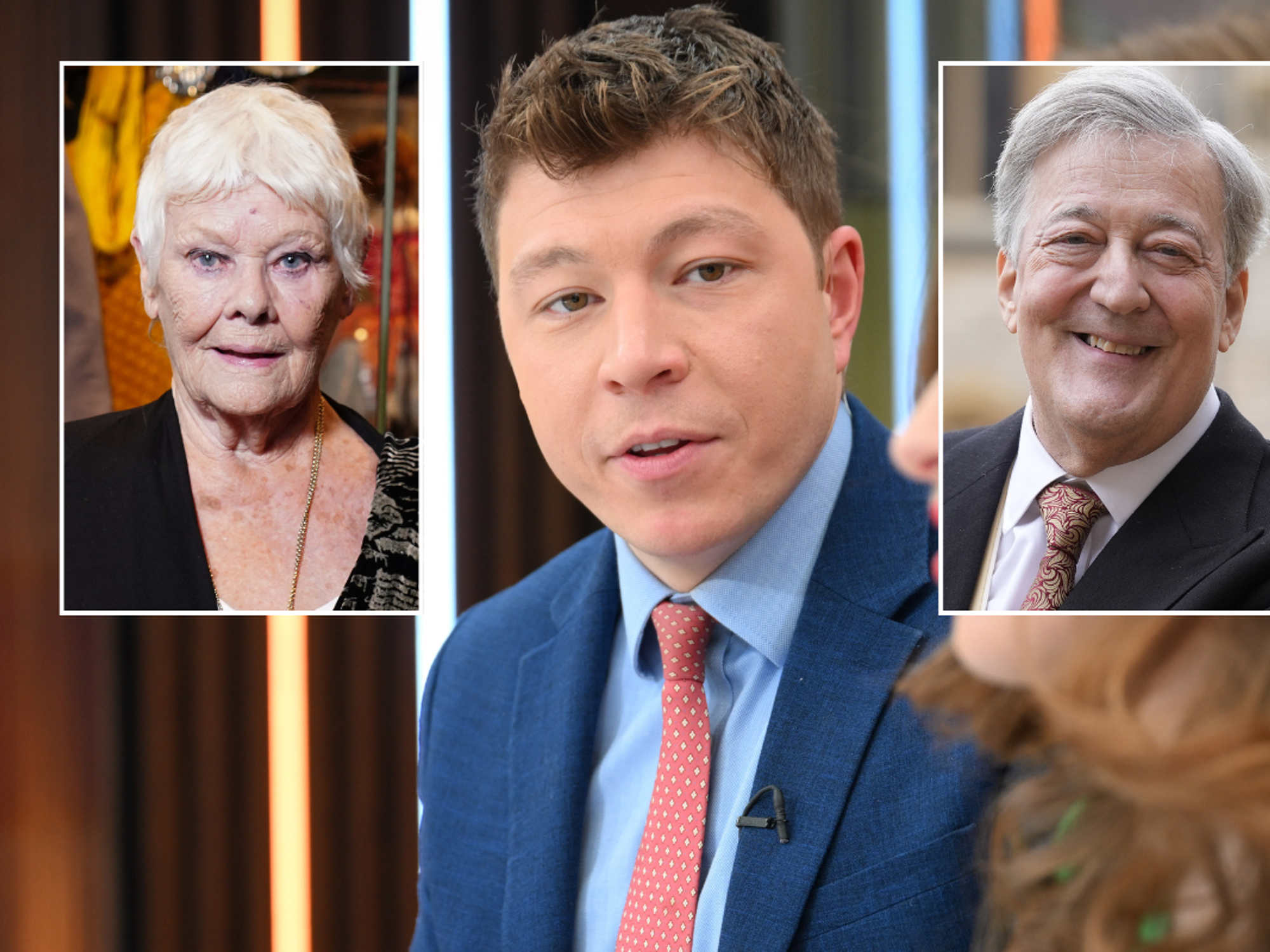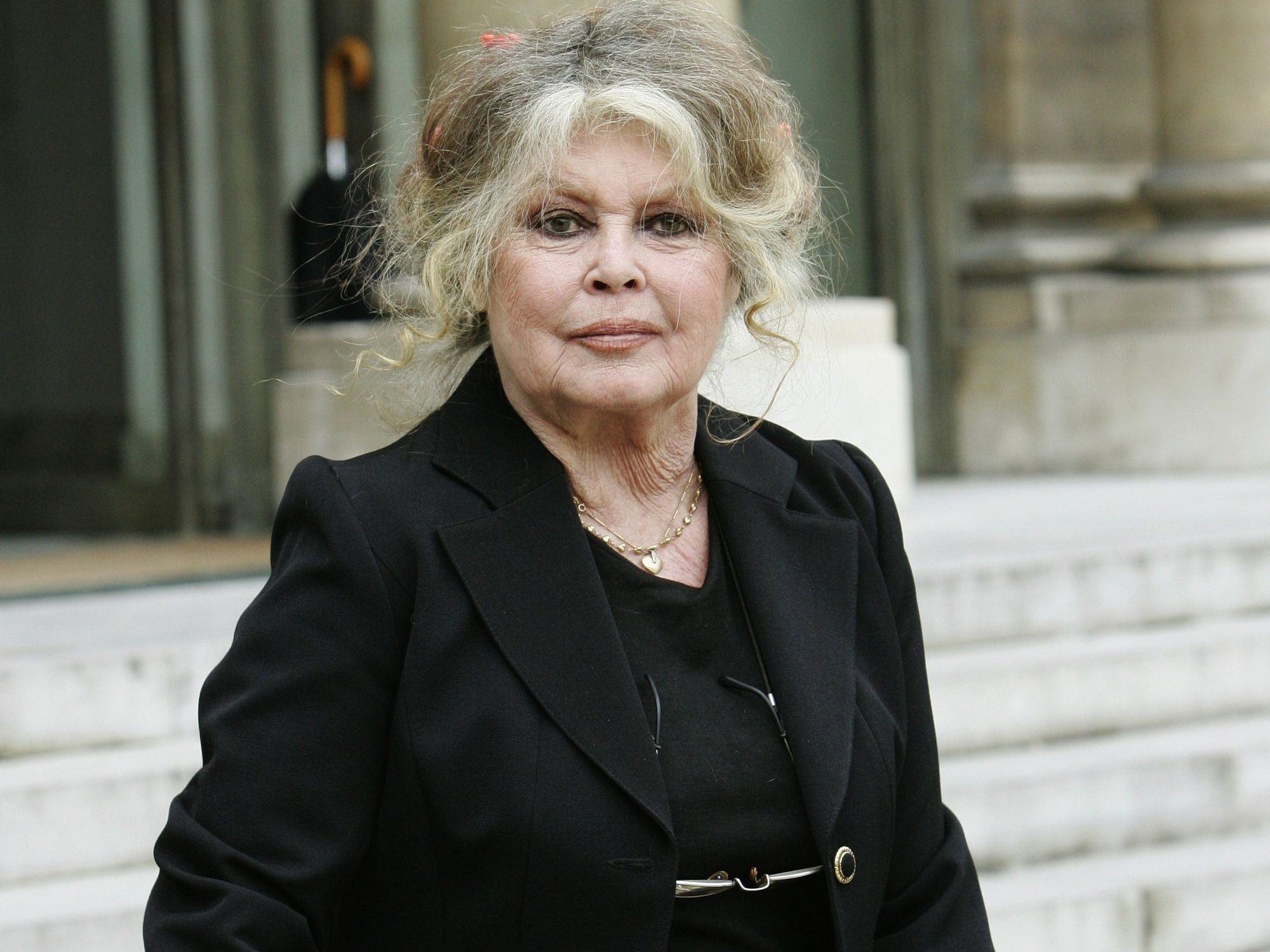Disabled man forced to pay back £50k he had saved for Florida holiday from council payments to fund his care

Nathan Lee Davies, who suffers from a condition which affects his coordination, receives £11,000 from Wrexham Borough Council to pay for his round-the-clock care
Don't Miss
Most Read
Latest
A disabled man has been left “stunned” after he has been forced to pay back £50,000 he had saved from council payments after the local authority found out that he was planning to use the money to go on holiday to Florida.
Nathan Lee Davies, 47, has Freidrich’s ataxia, a condition which affects his coordination, and has been receiving £11,000 a month from the Wrexham Borough Council to pay for the 24-hour support that he needs.
The direct payments include allowances for trips out to the cinema and restaurants, as well as paying for carers to support Davies round-the-clock.
However, when the pandemic hit in 2020, Davies gave up social activities and saved up the money, saving up a grand total of £50,000.
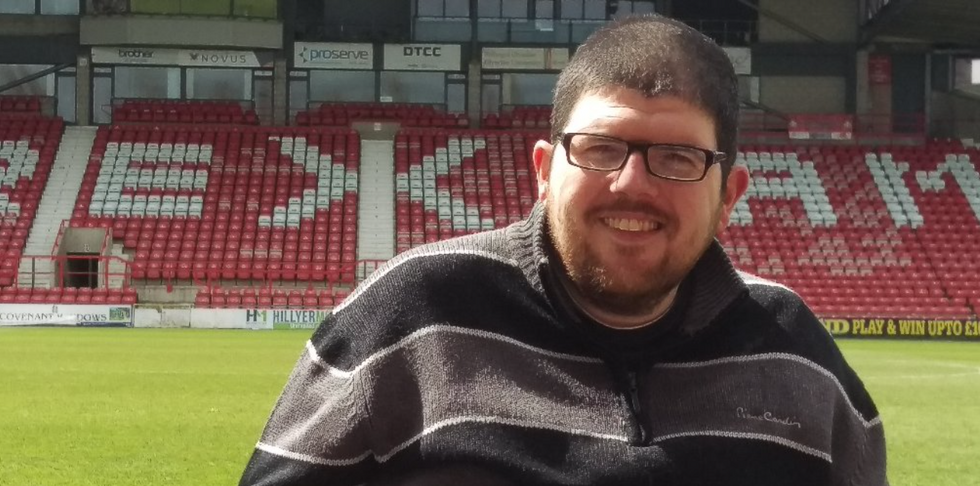
Nathan Lee Davies has been forced to pay back £50k he had saved from council payments
|The 47-year-old wanted to use £3,500 of the money on a trip to Florida run by a specialist travel company – his first holiday in 14 years.
He claimed tt was the cheapest option he could find.
He wanted a six-day break in the US to “have a bit of respite from the mundane reality of everyday life”.
However, Wrexham Country Borough Council have demanded the money be given back, stating that “surplus funds are to be returned”.
LATEST DEVELOPMENTS:
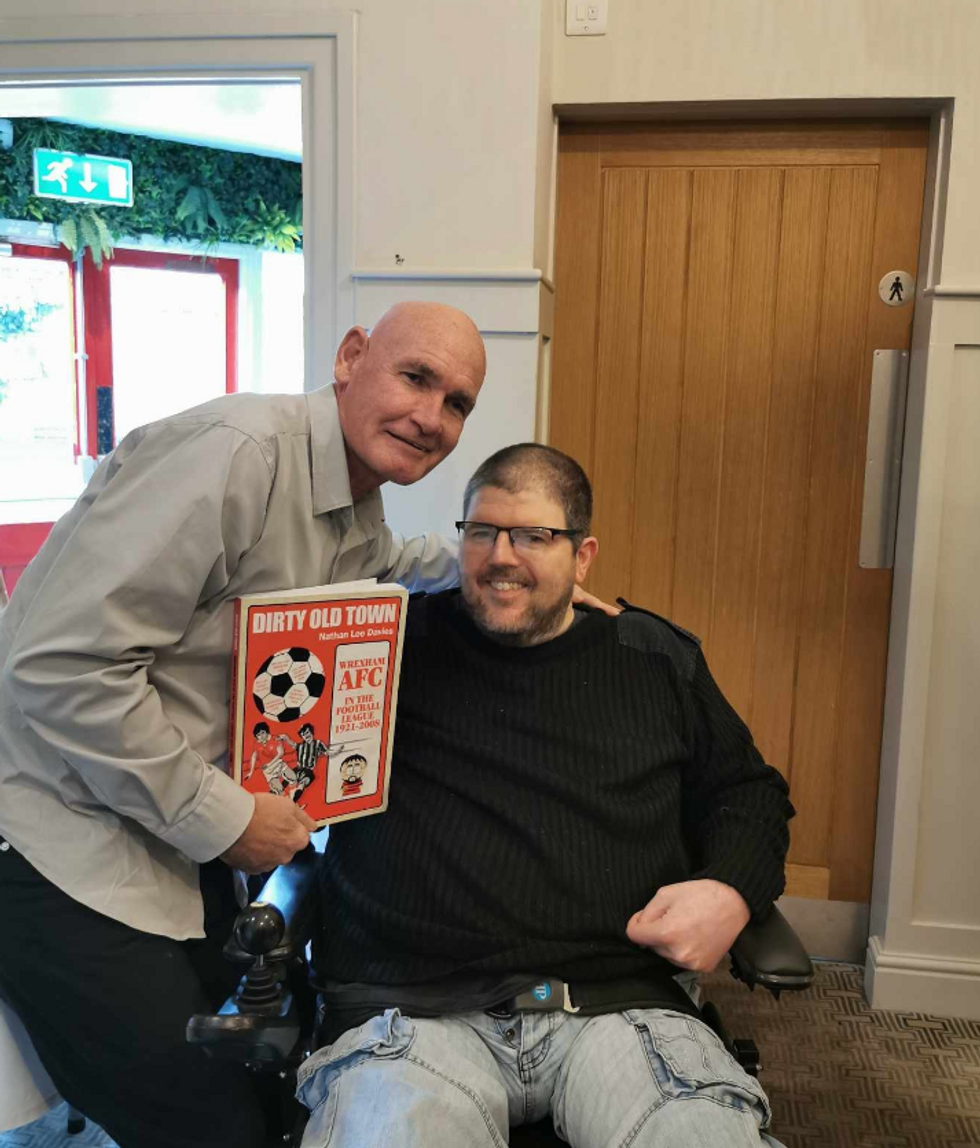
Wrexham Country Borough Council have demanded the money be given back
|Davies said he would pay for the flights and accommodation himself, however he wanted to bring along two carers with him, which he would need additional money to pay for.
He told the BBC: “I have never wanted my holiday to be paid for. But I do object to having to pay for the people that will be working to support me.
“I deserve to escape from the home which is being made a prison.”
The price of flights and accommodation have since soared to £5,800, so he has created a GoFundMe to help cover the cost.
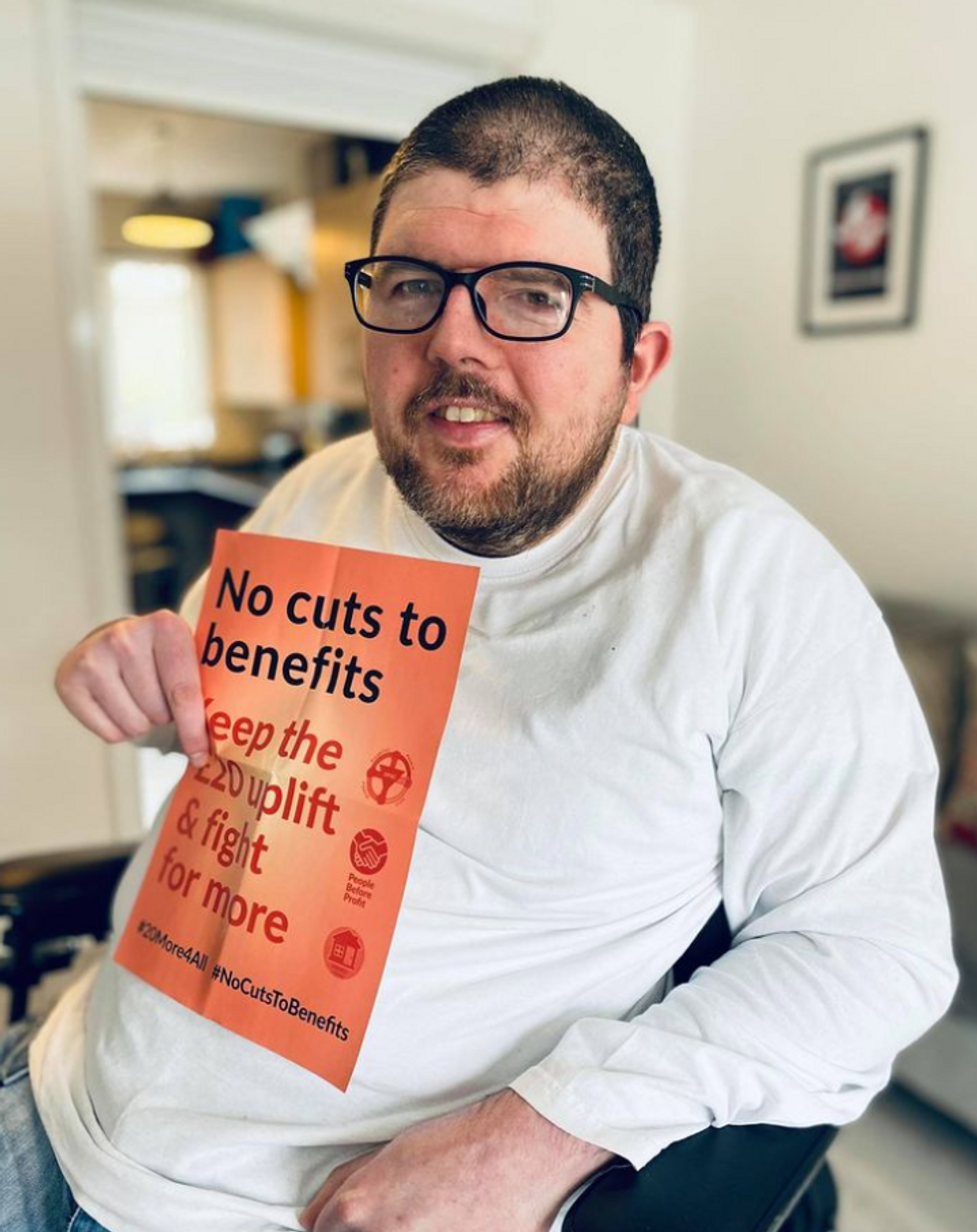
Davies said he would pay for the flights and accommodation himself, however he wanted to bring along two carers with him
|The local authority said that its social care plans were “designed” to support care needs alongside social activities for its recipients.
It added: “[Nathan] has not engaged in the social activities that he receives Direct Payment funding for, which is a choice that he has every right to make.
“If an individual chooses not to use their social care funding on meeting their assessed needs then the policy in terms of claw back is clear that surplus funds are to be returned to the council.
“Direct Payments are not a benefit. They are a payment to support payment for care and support and so should not be considered as part of someone’s 'income' as they are not.”


